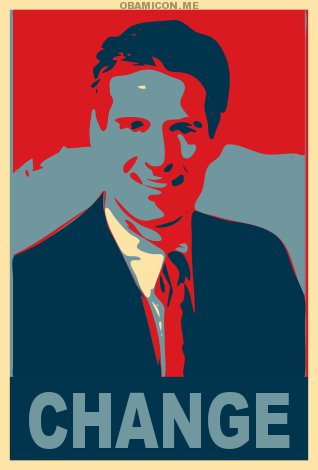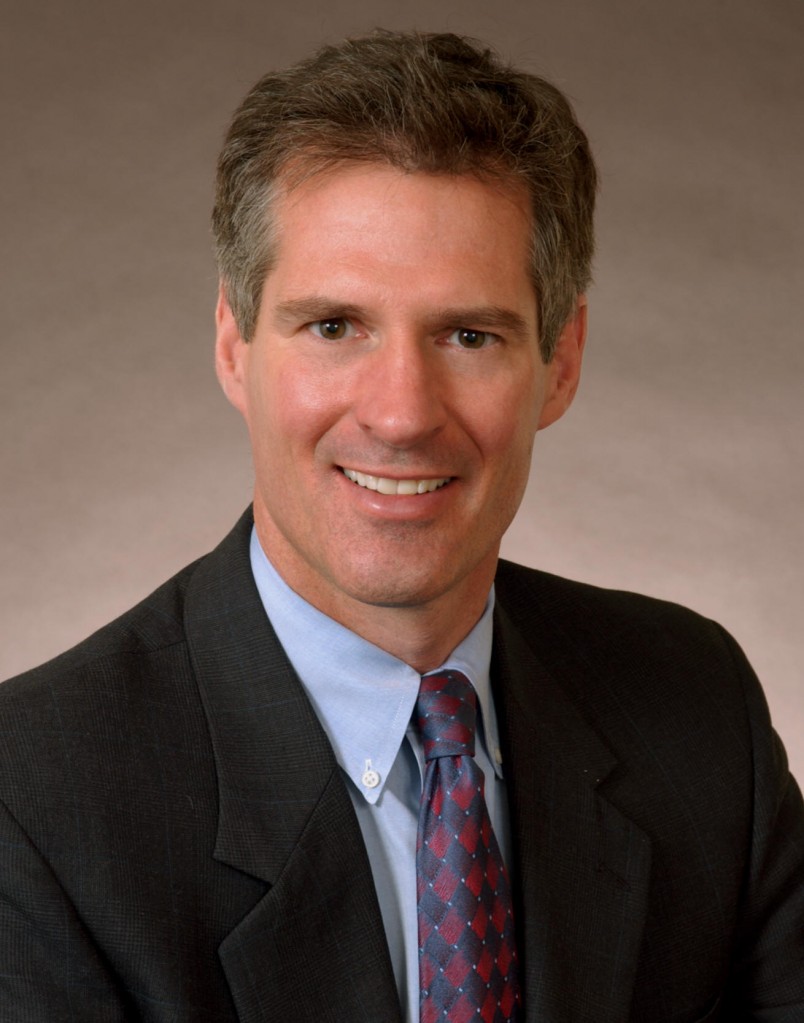
Elections

Brown as Warning
Looking back, I realize I didn’t begin with the positive, and I agree with Kennedy there appears to be plenty of positive: Brown, even under fire, remains honest, with a sense of humor and the apparent self-confidence and humility that comes with such humor, and he also appears, well, hot.
He’s helped though by a pent-up irritation: policies we thought unwise have deteriorated into policies we find foolish, the unseemly has slid into the mire of outright bribery, the short-sighted has so dominated that disaster lurks. On a not unrelated note, attitudes that rankled those of us in fly-over territory have become pervasive and bizarre. They are not the attitudes of those with a sense of humor nor apparent self-confidence, and, especially, without humility. (Arrogance is not self-confidence.)
Even citizens of a state that seemed to give pre-Revolutionary respect to family succession appear annoyed a candidate disses their sports heroes, shrinks from handshaking and winter politicking, and seems appalled by pick-ups. (Whatever Marie Antoinette actually said or actually meant, the inappropriateness of her response defined her – and beheaded her – even when such kingly rights were more widely accepted).
My husband’s uncle, far into retirement and deep into Texas, has proclaimed that he intends for the first time in years to “pull an all-nighter” – to see Brown triumph, he hopes. And, in the tradition of these parts, Ray Stevens disses Obamacare.
What can Brown do for You?

Big day tomorrow in Massachusettes.
The Uncle of Science
 How do you make a tired and aging political system supple and flexible enough to adapt to a changing world? A recent Wired Magazine article offers this:
How do you make a tired and aging political system supple and flexible enough to adapt to a changing world? A recent Wired Magazine article offers this:
[M]ost scientific change isn’t abrupt and dramatic; revolutions are rare. Instead, the epiphanies of modern science tend to be subtle and obscure and often come from researchers safely ensconced on the inside. “These aren’t Einstein figures, working from the outside,” [Kevin] Dunbar says. “These are the guys with big NIH grants.”
While the scientific process is typically seen as a lonely pursuit — researchers solve problems by themselves — Dunbar found that most new scientific ideas emerged from lab meetings, those weekly sessions in which people publicly present their data. Interestingly, the most important element of the lab meeting wasn’t the presentation — it was the debate that followed. Dunbar observed that the skeptical (and sometimes heated) questions asked during a group session frequently triggered breakthroughs, as the scientists were forced to reconsider data they’d previously ignored. The new theory was a product of spontaneous conversation, not solitude; a single bracing query was enough to turn scientists into temporary outsiders, able to look anew at their own work.